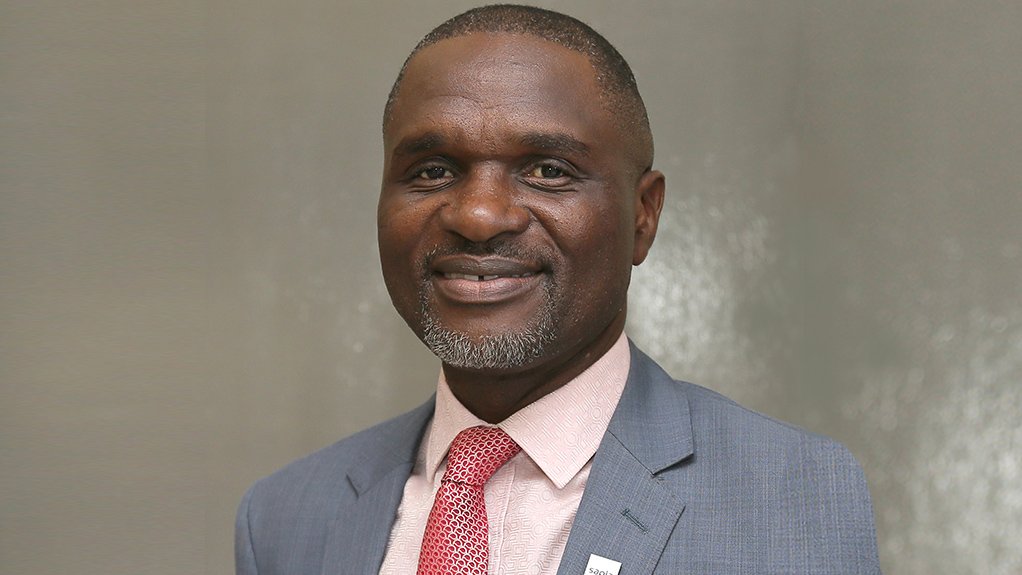The South African Petroleum Industry Association (Sapia) is not anticipating a domestic diesel supply crunch this winter as a result of a spike in generator-related demand, despite ongoing warnings of possible higher levels of loadshedding and the prospect of Eskom, businesses and even some households turning to the fuel in an effort to mitigate the impact of regular power cuts.
Sapia executive director Avhapfani Tshifularo tells Engineering News that domestic diesel demand has remained relatively static over the past few years and that the average monthly consumption is about 1.1-billion litres currently.
He also notes that diesel consumption in June and July last year was about 50-million litres below the average, despite the fact that power cuts began intensifying materially following a wildcat Eskom strike in late June and early July.
Loadshedding has been materially worse in 2023, however, with Eskom data indicating that more energy had been shed already between January 1 and May 4 than during 2022 as a whole, during which Eskom shed 8 301 GWh.
Eskom is yet to publish its winter plan, but there are indications that it will operate its diesel-fuelled open-cycle gas turbines at a 20% load factor, up from the 11% level for the year-to-date. It has also been confirmed that Eskom has a R30-billion diesel budget and that this might even be augmented.
“In 2023, volumes are less than the equivalent period of last year suggesting that other economic factors are at work,” Tshifularo says, suggesting that the decline is arguably reflective of current weak economic conditions.
“Diesel demand has increased steadily from 2010 to 2019 and has since flatlined [and] in 2020 there was a marginal drop due to the pandemic.
“Diesel is very closely correlated with gross domestic product growth and given lacklustre growth, we have seen diesel market growth being muted.”
At a macro level, he notes that other factors affect diesel demand significantly more than demand from generators, particularly seasonal demand associated with sowing and reaping in the agricultural sector.
“One would anticipate higher levels of diesel demand as a result of loadshedding, but on an annual demand for diesel of about 13-billion litres, this is likely to be insignificant.”
He also stresses that there was no way of determining how much diesel demand was arising specifically from generators, with demand supplied by both the wholesale and retail sectors.
“If loadshedding continues at present levels or gets worse, one could expect increased diesel demand … [but] we cannot estimate this without other information which is likely to be too dispersed to get hold off – for example types of generators sold, as well as to which parties and through which supply chains.
“The other effect is higher loadshedding may lead to a fall in economic activity and this is likely to have a larger effect on diesel demand.”
Tshifularo says there are no obvious pinch points in the supply of diesel currently, but that the industry “normally ensures adequate stocks” through imports and will take steps should any imbalances begin to arise.
He says the fuel industry is not represented at the National Energy Crisis Committee, but is kept abreast of developments through Business Unity South Africa.
Asked whether there had been a noticeable rise in diesel consumption as a result of Transnet Freight Rail’s difficulties to sustain its electric fleet owing to a spares dispute with a Chinese supplier and ongoing cable theft, Tshifularo says this, too, is “difficult to ascertain”.
EMAIL THIS ARTICLE SAVE THIS ARTICLE ARTICLE ENQUIRY
To subscribe email subscriptions@creamermedia.co.za or click here
To advertise email advertising@creamermedia.co.za or click here











